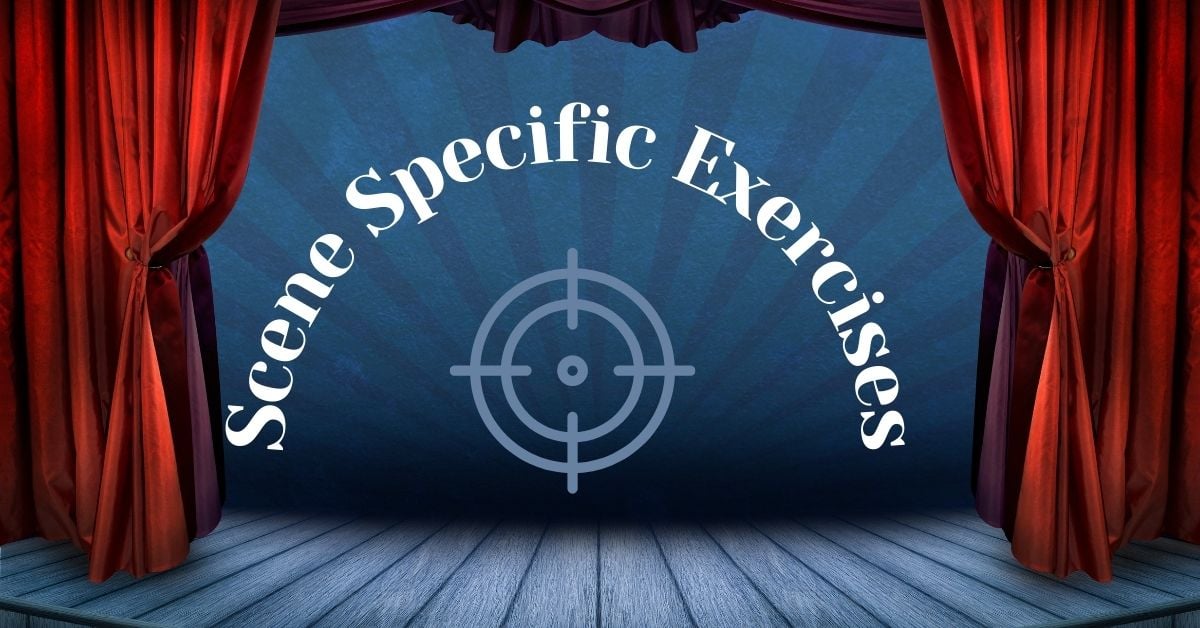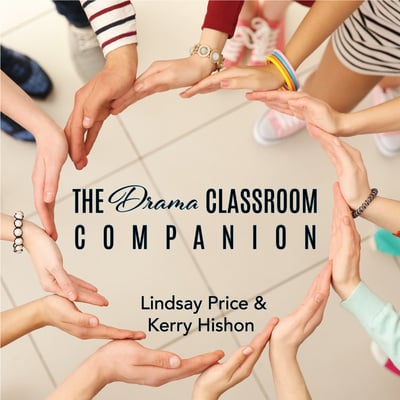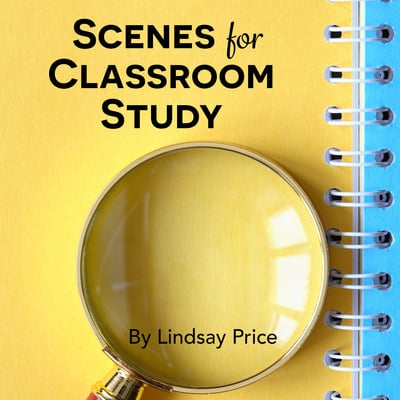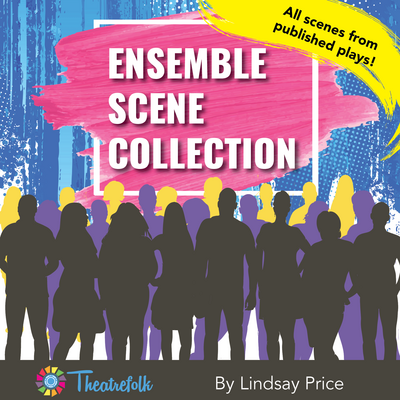Scene-Specific Exercises
If you’re riding the struggle bus at rehearsals and scenes are looking stagnant, dull, or flat-out boring, you and your students may be suffering from a case of rehearsal rut. Rehearsal rut tends to occur in the mid-to-late stages of the rehearsal process, when the newness and excitement have worn off, the costumes, props, and sets aren’t done yet, and your students are not quite ready for an audience. Students may feel like they’re going through the motions while working on their scenes, and you might be wondering if the show is ever going to come together.
Sometimes, the best way to solidify a scene is to approach it in a new manner, outside the standard rehearsal process. Here are a few exercises to try:
Emotional scene
Divide the scene you are working on into four sections. Give each section a defined emotion. Don’t worry about making sure it matches the dialogue, just come up with four different emotions. You may even draw them out of a hat. Then play the scene switching from emotion to emotion. How does the scene change when a specific emotion is forced upon it?
Part switch
Play your scene but switch parts. What do you learn about the other character? What do you learn about your character when you see them played by another actor?
Action only
Do the scene without speaking. What happens? Is the blocking easy or difficult to remember? Do you find yourself sitting in the same spot for a long time? Does the blocking help tell the story? Do this exercise in front of an audience. What does the audience get out of the scene when they don’t have the dialogue to rely on? How do your characters come across?
Game play
Play the scene, but instead of doing the blocking, play a game. It has to be a game that doesn’t require a lot of talking (e.g., Plinko, Jenga, Snakes and Ladders). Stay in character and keep the conflict and tension in the scene as you play. If you end the scene before you end the game, just start back from the beginning.
Back to back
Play the scene with the actors standing back to back. How does the scene change without eye contact?
Related Articles
The Drama Classroom Companion
by Lindsay Price & Kerry Hishon
The Drama Classroom Companion is filled with articles and exercises to build the skills needed for theatrical performance as well as real world skills like creative thinking, critical thinking, collaboration, and communication.
The Rehearsal Companion
by Kerry Hishon
You’ve chosen the play, paid the royalties, done the script analysis, held your auditions, and cast the show. Tomorrow is the first rehearsal. Are you ready? Really ready? The Rehearsal Companion can help!
Scenes for Classroom Study
by Lindsay Price
Scenes for Classroom Study consists of scenes from published Theatrefolk plays and is designed to help with character study, scene work, substitute teachers, performance, Individual Event competitions and so much more.
Ensemble Scene Collection
by Lindsay Price
Looking for quality scenes for your ensemble that haven't been done a million times? This Ensemble Scene Collection contains 33 scenes from published plays - great for competition and classwork!







